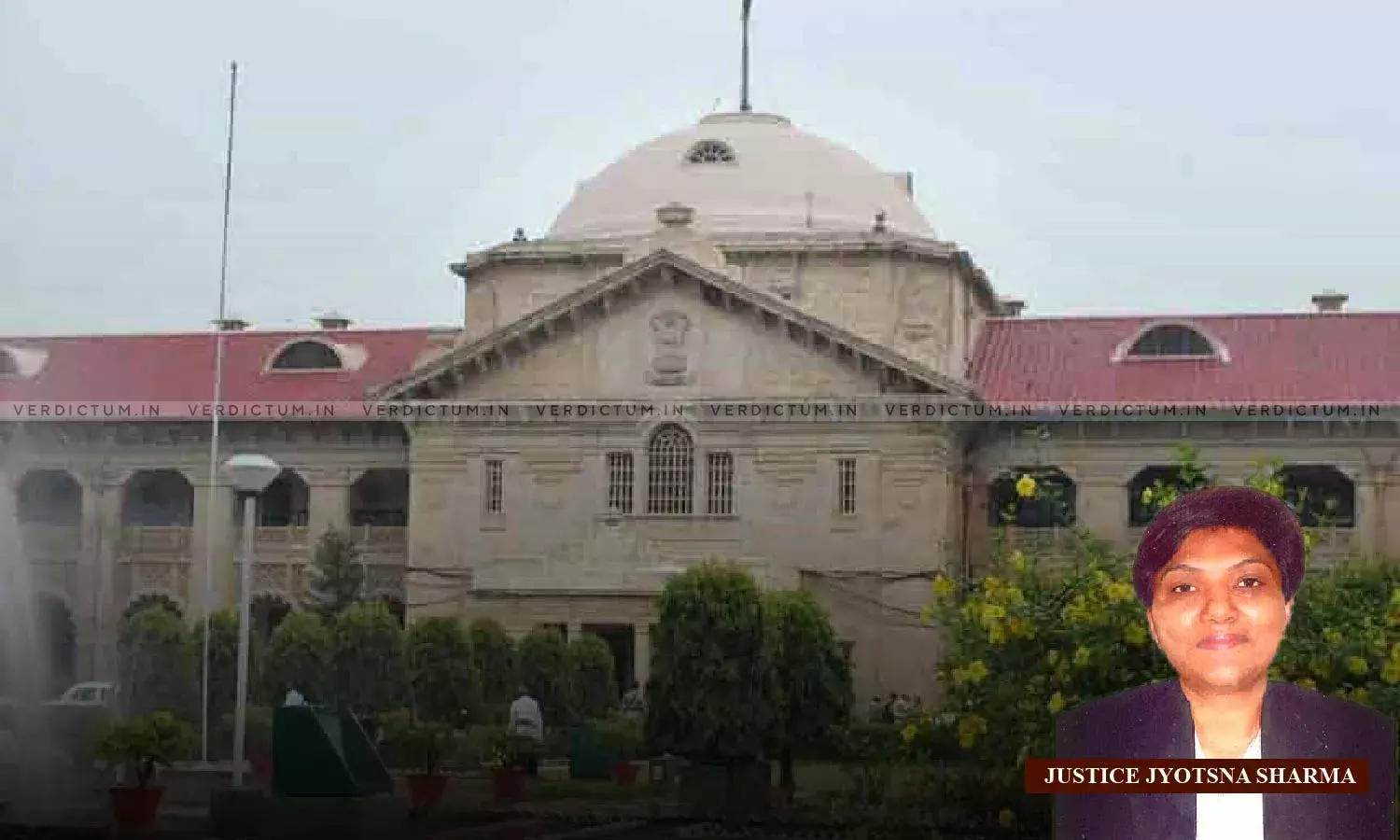Allahabad HC Distinguishes Between Court's Power U/S 311 CrPC & Accused's Rights U/S 233 CrPC To Summon Witnesses
The Allahabad High Court allowed an accused to move an application to summon two witnesses for examination as defence witnesses after discussing the difference between the powers of the court and the right of the accused under Sections 311 and 233 Cr.PC respectively.
A Single Bench of Justice Jyotsna Sharma observed, “Under section 311 Cr.P.C., the power lies in the courts only and under section 233 Cr.P.C., the right lies with the accused and the court's interference is limited. The court can only refuse to issue summons where it ought to have refused on the ground that it is made for the purpose of vexation or delay or for defeating the ends of justice only.”
Advocate Nadeem Murtaza represented the revisionist, while GA Kailash Chandra appeared for the opposite parties.
The accused facing trial under Section 302 IPC moved two applications during the trial. The first application sought to summon 5 public witnesses named as prosecution witnesses who were not produced by the prosecution. This application was rejected. The second application, after recording statements under Section 313 Cr.PC, requested summoning the same witnesses as defence witnesses. The prosecution objected, claiming collusion and the rejection of the previous application. The trial court rejected the second application, leading to the current challenge by the defence.
The accused asserted his indefeasible right to produce witnesses in his defence. He argued that the two applications should not be compared. The first application was under Section 311 Cr.PC, while the second application was made under the provisions of Section 233 Cr.PC The accused further contended that if the accused's request to summon the said witnesses is denied, it would result in prejudice to his defence, compromising his right to a fair trial.
The Court explained the difference between the powers of the court and the right of the accused under Sections 311 and 233 Cr.PC respectively.
Under Section 311 Cr.P.C., the Court possesses a plenary power to summon or recall any witness during proceedings, and this power is necessary for achieving a just decision. The Court explained that this provision reflects its inherent power to ensure justice, and this authority is exclusive to the court, distinct from the roles of the prosecution or defence. Section 233 Cr.P.C., on the other hand, works differently.
Section 233 Cr.P.C is an essential part of the session trial and is applicable when the prosecution evidence is complete and the accused is allowed to produce the evidence in its defence. Under this Section, the right belongs to the accused and not to the court concerned.
The Court held, “The observation of the learned trial court that summoning the witnesses will tantamount to review is misconceived. The trial court failed to apply the law in right perspective and ignored the difference in scope and implications in which the provisions of section 311 Cr.P.C. and section 233(3) Cr.P.C. are meant to be applied. Hence the order of the trial court suffers from legal flaw and is not sustainable.”
In its conclusion, the Court remarked that the case pertained to an incident that occurred in 2012. The Court directed the trial court to expedite the matter and to now allow parties to deliberately delay the proceedings.
Accordingly, the High Court set aside the order of the trial court and disposed of the revision.
Cause Title: Anupam Singh v. State Of U.P. & Anr. (2024:AHC-LKO:4717)




